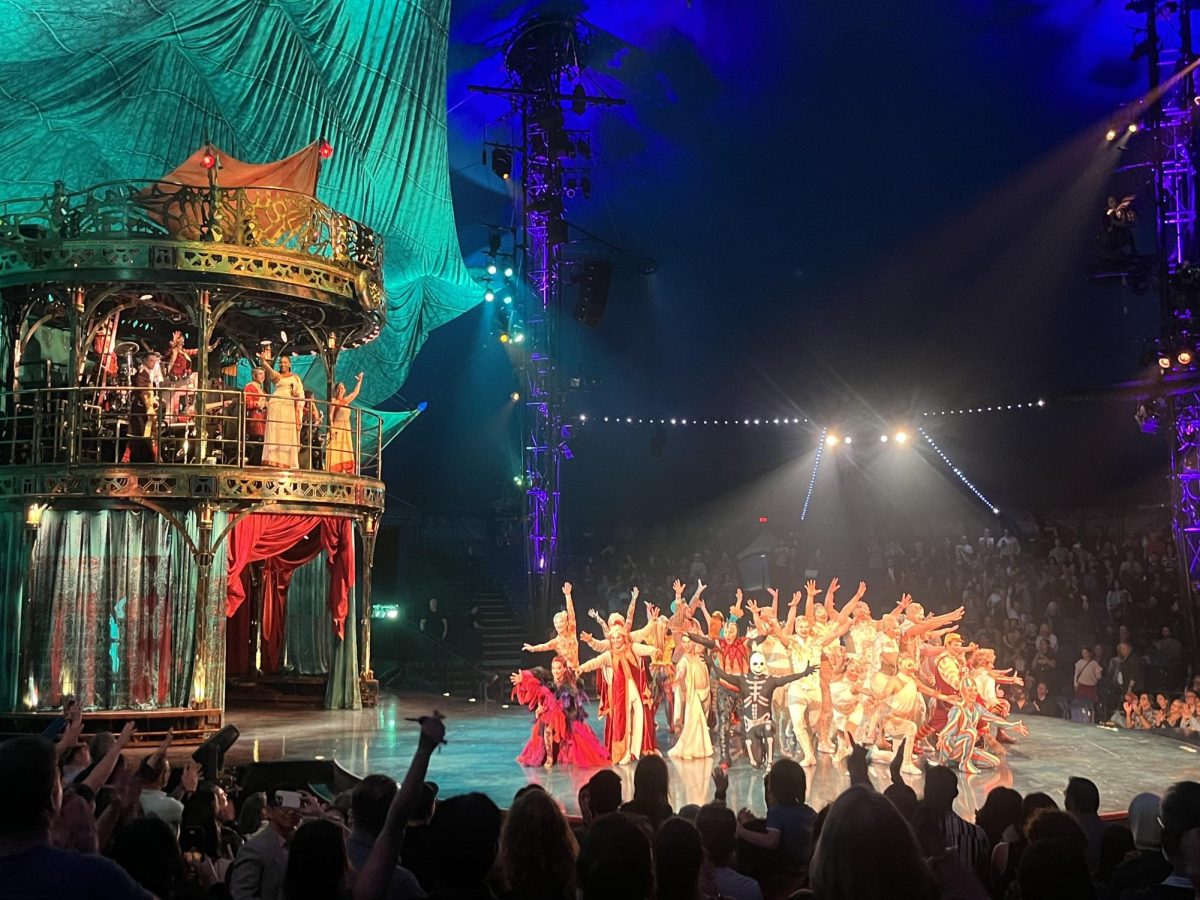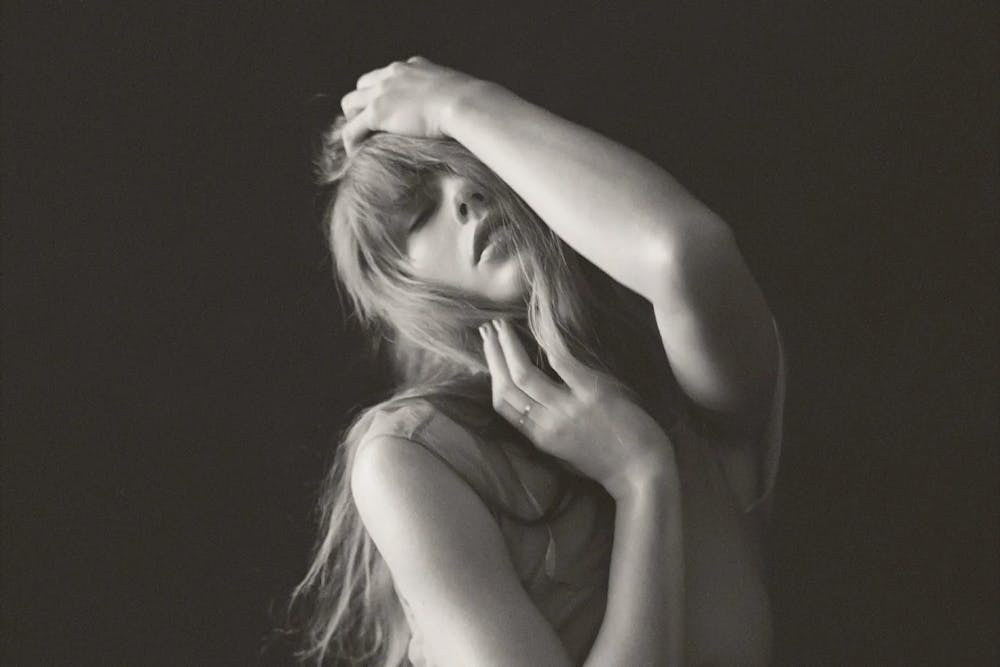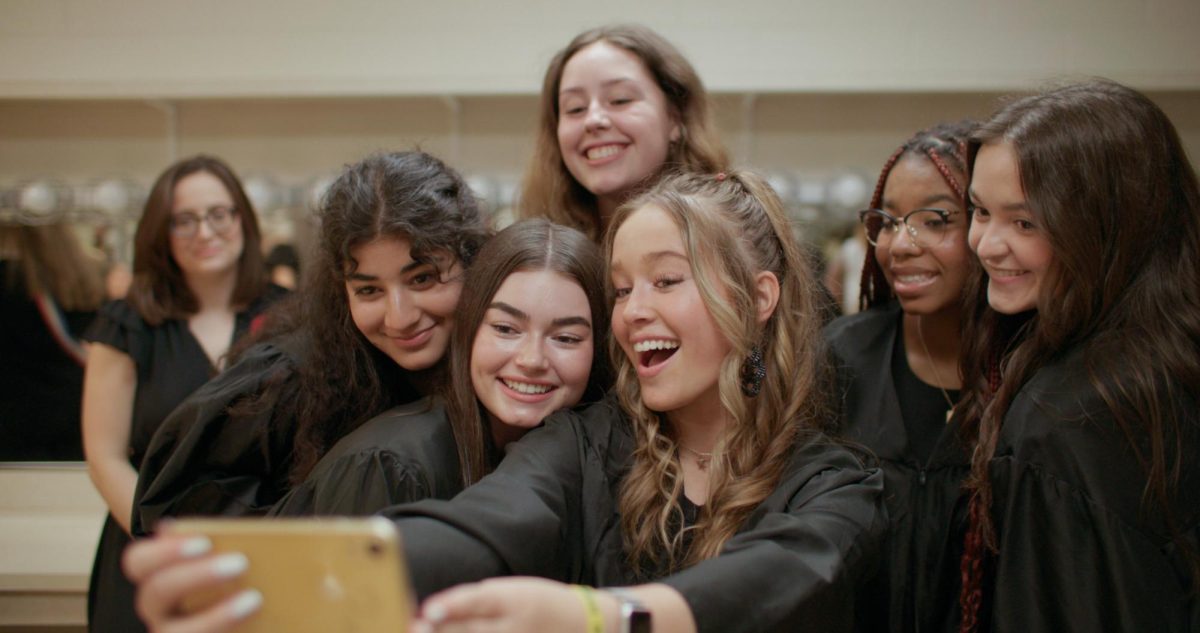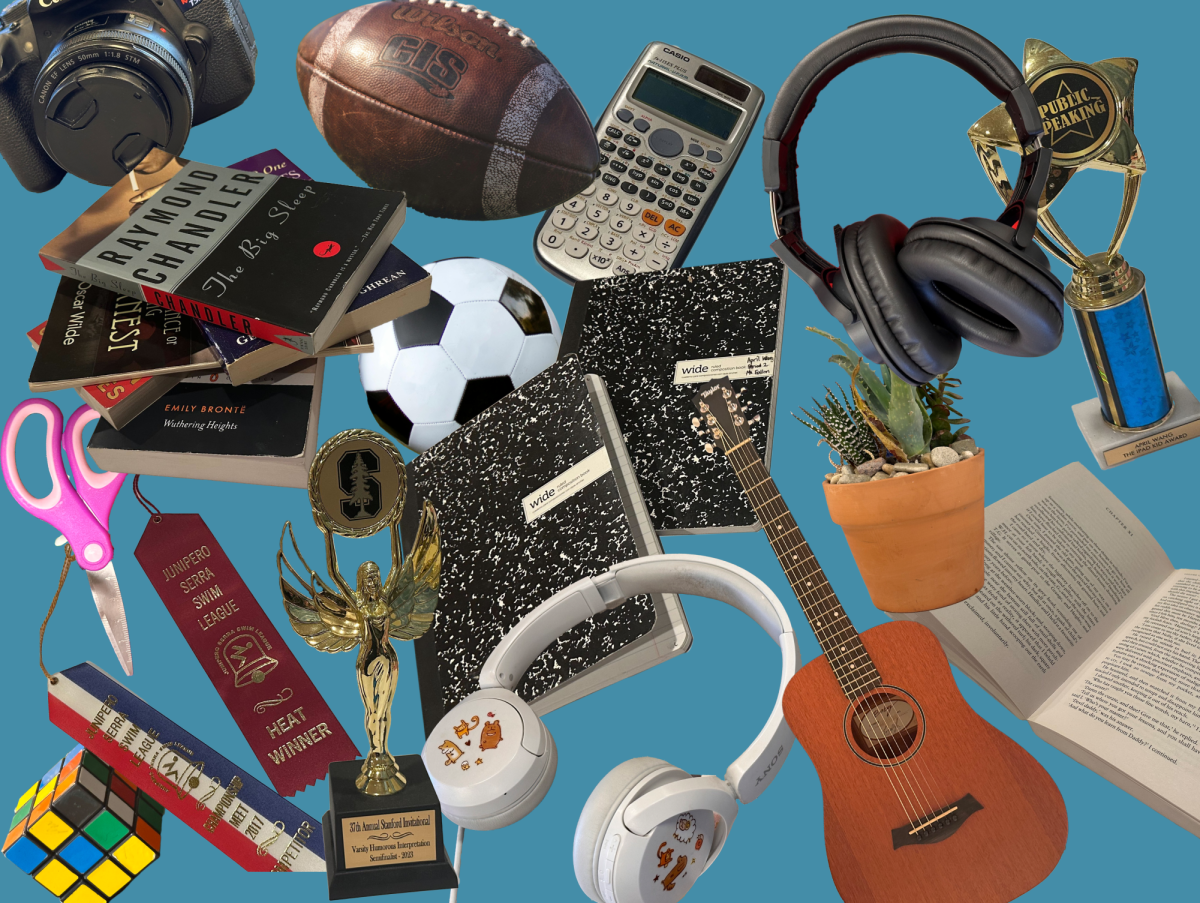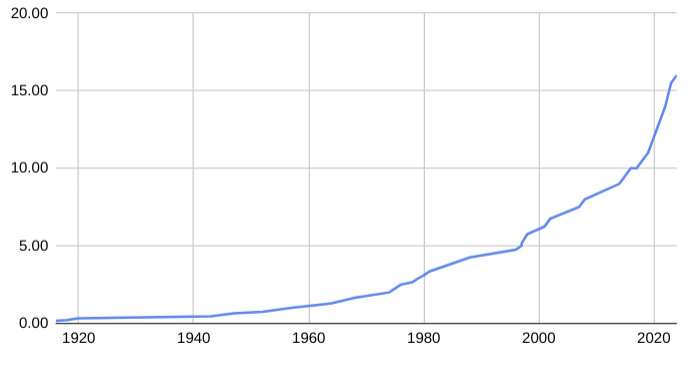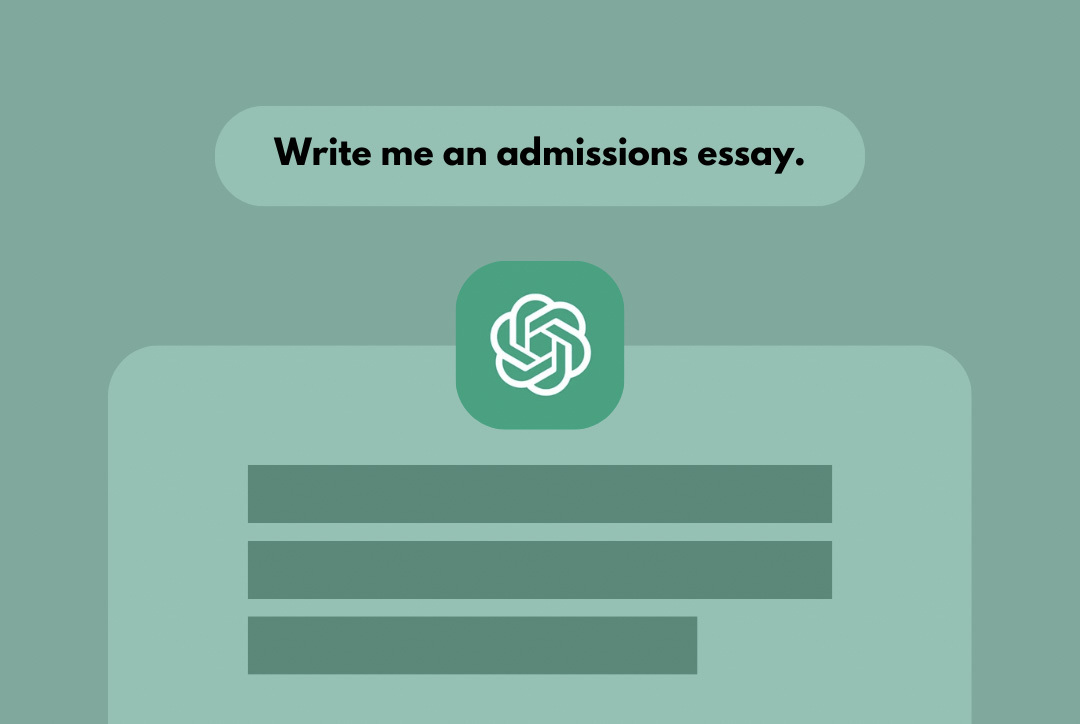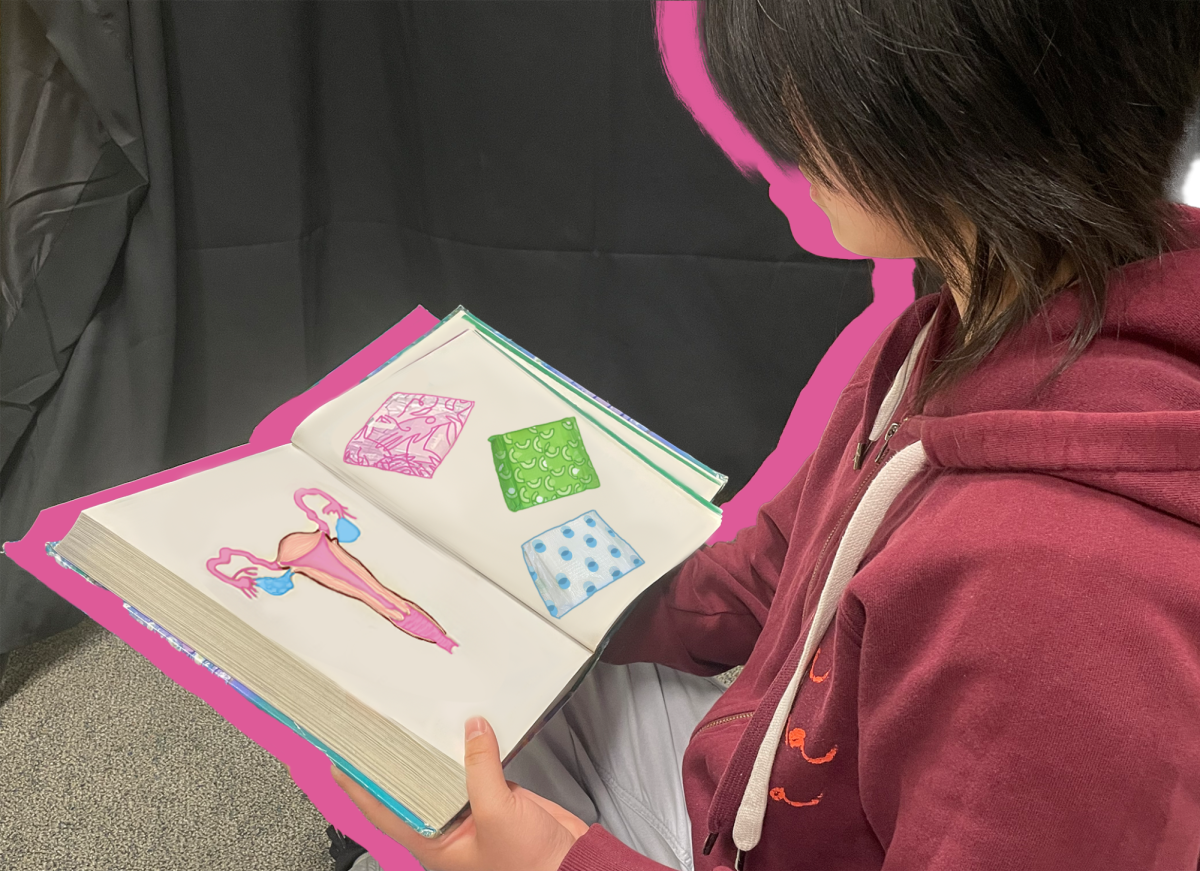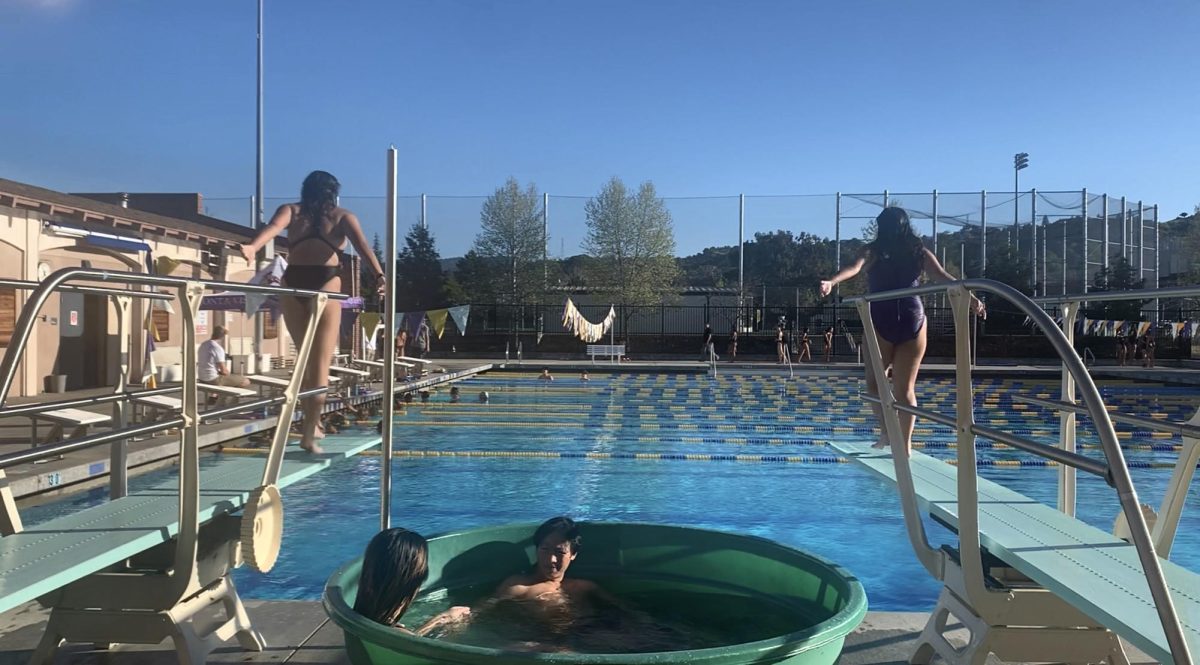The first thing she’d felt was fear: an immediate cold feeling that spiked through her as she scrolled through her Facebook feed, scanning the numbers that had seemingly skyrocketed since she’d last checked. The second thing she felt was anger, a rising heat as she realized that if it could happen in France, it could happen anywhere.
On Nov. 13, senior May Cui had just returned home from work when she read about the terrorist attacks in France that killed at least 128 people and injured hundreds of others. She immediately thought of her pen pal in France, Camille Susanaga, who she’d exchanged emails with dozens of times, who she hoped was safe and at home, just as Cui was now. So when Facebook released a profile picture filter of the French flag, she was hesitant at first. But she felt it was her duty to do something, even something small: Cui believed that changing a profile picture, though not immediately helpful, was an act of empathy. A way of reminding yourself and others that people are suffering.
“I’ve always been someone who believes in the power of social media,” Cui said.
Though changing profile pictures has been perceived as “lazy activism,” she believes that social media activism, be it through a post or a profile picture, is a form of democratizing politics: letting the people themselves influence the conversation and decide what’s important.
But the next day, several of her friends confronted Cui and told her that the filter had bothered them, and Cui’s first reaction was to be defensive. But she would soon find out why their anger mattered.
“At first I thought, ‘Just because France is not a third world country doesn’t mean that we can’t create a filter for it,’” Cui said. “I felt bad and wasn’t really sure why.”
She spent the rest of the day in a state of confusion, once more turning to the Internet for clarity: she scanned article after article, bouncing between pro-filter articles and against-filter posts, feeling like the filter criticism was insensitive. But she soon realized that even more insensitive was the fact that when Middle Eastern countries were similarly targeted by terrorists, no one changed their pictures. She realized that there was an entire world of biases and double standards and racism that she, as a resident of a first-world country, had been blind to.
The French filter raises awareness, but [we ignore] the marginalization of the Middle East.
After all, the day prior to the attacks in France, terrorists bombed a funeral in Beirut, killing 43 people. There were no filters, no hashtags, no praying for Beirut. At least not prominently. To Cui, this double-standard was more than just problematic; it was corrupting the global power of social media to educate and change.
“The French filter raises awareness, but [we ignore] the marginalization of the Middle East,” Cui said. “We’re completely ignoring what happens every single day in other countries. It’s only because it’s a white country that’s close to us that we felt a need to do this.”

She believes that the fact that only one filter was offered by Facebook implied that white lives, or the lives of people living in the “west,” are somehow more important and valuable than lives in the Middle East.
But senior Eric Zhang wasn’t thinking of this when he changed his photo. As he scrolled through a feed spotted with red, blue and white, all he felt was shock. To him, the attacks in France seemed more worthy of attention precisely because it happened to a western democratic nation. What stunned him the most was how unanticipated and unexpected the event had been, shattering illusions of “first world” safety.
“There’s a lot more violence in places other than France,” Zhang said. “But the frequency of the violence makes it less ‘special’ to people here. Not less important, but less notable.”
But the frequency of the violence makes it less ‘special’ to people here. Not less important, but less notable.
Part of this hypocrisy, he believes, stems from stereotypes of the Middle East as a “terrorist” country where violence is inevitable, something that he knows is simply not true. But still, he thinks that people have become apathetic to what happens in “non-western countries,” and have accepted the existence of terrorism there.
“We’ve calcified when it comes to terrorism in the Middle East and the innocent people killed there,” freshman Smriti Verma said, agreeing. “We’re numb to it, we don’t try for change or awareness anymore because we think we’re in a different world.”
Verma used to have family in the Middle East, and she rejects the idea that students can’t feel empathy for people in non-western countries. To her, the idea of “first world” safety is dangerous because it implies that certain countries deserve to be safe, while others don’t.
“People are people,” Verma said. “I don’t understand why we think it’s natural to feel more sorry for people in France, but the [French] flag filter shows that.”
It’s a chicken or the egg dilemma for Verma: did Facebook create only the French flag filter because they think the “west” only cares about white people? Or do we care about the attacks on France more because that was the only filter offered? Neither Verma or Cui are sure.
Zhang, too, is conflicted: is it Facebook’s bias or his own that’s worse? He believes that more frequent terrorist attacks should mean more attention, but social media attention reveals to him something else entirely.
“We feel detached from the [Middle East]. But France is our ally,” Zhang said. “We can relate to them more. I don’t think changing my picture will actually help France get over their damages, but it’s better than nothing.”
It was the first time he’d used one of the filters. He’d always ignored the colorful sports and college-themed ones — but the deciding factor for him was the almost-contagious change of everyone else’s photos — everybody else was talking about France, and he felt that he had to as well.
Cui also agrees that Americans have false ideas of the Middle East, encouraged by social media bias. But she also believes that social media can do the exact opposite: it can provide a global perspective, a space for reflection that old-fashioned letters and postcards just weren’t ever able to do.
“We hear about these attacks in the Middle East, [and] we think it’s because they ‘deserve’ to be attacked,” Cui said. “But maybe empathy for French bombings can help us realize that it doesn’t matter what kind of government is attacked, it’s still terror.”
So Cui, armed with new information and a new passion that replaced her previous fear and anger, decided to make her own filter that would be more inclusive, more reflective of reality. But she soon found that someone had beaten her to it: the free “All flags” filter had been created by web designers Tom Galle, Moises Sanabria and Slava Balasanov, to express support for multiple targeted countries, including Syria, Kenya and Beirut.

Though people still told Cui that profile pictures meant nothing, that it was an annoying act of bandwagoning, that no flag overlay made any difference either way, Cui didn’t care — it was always more for herself than for others. It was a reminder of all the countries that were suffering — not just one. The most important thing was that the “All flags filter” overlaid multiple flags. She hadn’t wanted to “choose” between countries, and now she didn’t have to.
After all, she believes that even if Facebook had offered multiple filters, the French filter would have been the most popular — it’s not just that the company is biased, it’s that people themselves are biased. They would still have chosen to talk about France, and this is what she thinks is the double-edged sword of social media activism: it can amplify conversations about marginalized people, or it can silence them.
Still, Cui doesn’t mind other people’s French flag filters. In fact, she doesn’t like that the criticism attacks the filter as opposed to pushing for inclusion. But despite it all, it’s the criticism that has accomplished the most change. Though Facebook still has not created other filters, they’ve expanded their safety check-in feature to include other countries.
“It was pressure,” Cui said. “Without criticism, Facebook wouldn’t have changed.”
Without criticism, Facebook wouldn’t have changed.
Though she believes that Facebook, as a corporation, shouldn’t have made a political statement or revealed their bias by highlighting only France, Cui believes that the users should make political statements whenever they can, even something as minor as a new filter.
Meanwhile, Zhang knows that empathy is often as impermanent as the profile pictures themselves — the fight will continue with or without filters. He’s set his picture to return to its unfiltered state in a few days, and he thinks it’s probably for the best.
“A day isn’t enough, but indefinite is not a good idea,” Zhang said. “We need to move on and build from it.”
Whether it’s to protest the racism and Eurocentrism of valuing white lives over Middle Eastern lives, or posting a cute selfie with a multi-colored filter just because everyone else is doing it, Cui believes it’s all part of being active members of the “new generation.” Of shaping conversations and choosing what to care about and when — and she isn’t sure she likes that she sees. But when she changed her profile picture to “All flags,” she felt a little more at peace. She felt at peace knowing that her status and profile picture would, at the very least, be seen by someone.
















